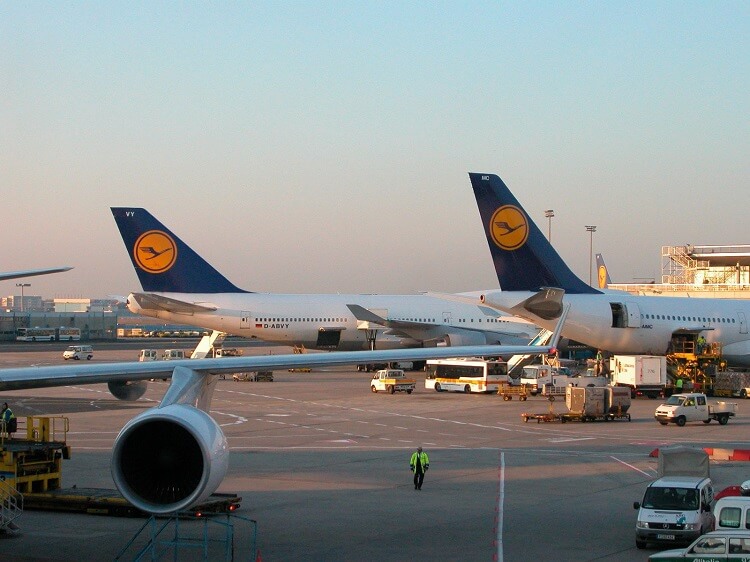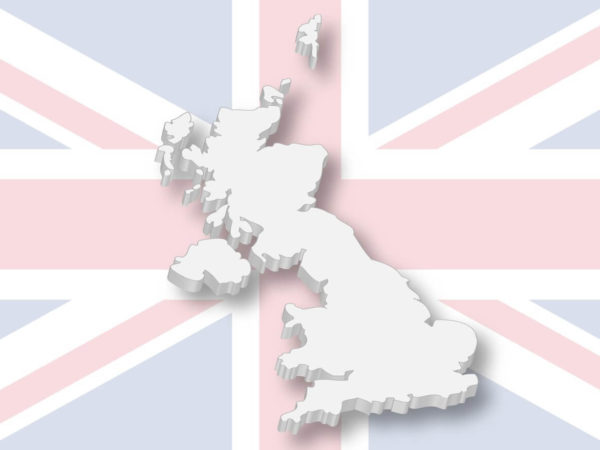Introduction
Scheduled to come into operation in 2021 and to be fully implemented by 2022, the new European Travel Information and Authorisation System will not now be applicable to British citizens until 2023. Although ETIAS is not a form of European visa the principle is the same with non-EU citizens requiring approval before entering the European zone. The requirement for ETIAS approval will affect nationals of sixty countries who currently enjoy visa-free access to the EU member states including the USA, Canada, Australia, New Zealand and the United Kingdom. No reasons have been given for the deferment announced by the EU Commission in early March but it is good news for British nationals intending to visit Europe in the near future as there is now no urgent need or requirement for ETIAS approval. However, this is only a temporary reprieve as ETIAS has not been abandoned but merely delayed.
Vietnam Reacts to Coronavirus
Now that ETIAS approval is at least temporarily not mandatory, British tourists and business people are free to travel into and throughout the European Union with just a valid passport. However, when it comes to deciding on a destination the choices have not just rapidly declined but are almost non-existent due to the spread of the coronavirus, Covid-19. On the 13th of March Vietnam introduced strict measures regarding entry into the country in a bid to control the spread of the disease. A 30-day Foreign Ministry order was imposed from the 15th of March which prohibits all foreign nationals from entering the country if they had previously, even briefly, been in the United Kingdom, or any of the 26 Schengen countries. Visa-free travel for nationals of eight European countries has also been halted and the national airline has ceased incoming flights from Frankfurt, Paris and London although outgoing flights to those destinations are set to continue. These measures were introduced largely as a result of a spike in the number of Covid-19 cases that was traced back to a flight out of the United Kingdom. At the time of the imposed restrictions Vietnam had 49 confirmed cases of coronavirus which, two weeks later, has now risen to a total of 212 with 58 of those deemed recovered and no deaths attributed to the virus.
Nowhere To Go, Nothing To Do
It is not just Vietnam that has reacted to the spread of coronavirus by imposing restrictions, bans, border closures and self-quarantining regulations. Across the globe the various governments have taken steps to contain the spread of the virus and these measures have had a devastating effect on travel and tourism. Many countries now operate flights and ferries solely for humanitarian needs or for the transport of food and medical supplies. Those countries that are still accessible will require visitors to self-isolate for up two weeks and even then there is little to do with pubs, cafes, restaurants, museums, art galleries, shops and tourist attractions closed.
Decreasing Options
The number of European and international flights is now extremely limited and further reductions can only be expected in the coming days and weeks. British tourists and business people currently overseas are urged to return home if it is possible and safe to do so while British residents abroad should follow the advice given by the authorities and adhere to all guidelines regarding the coronavirus pandemic. British, and indeed, European citizens who wish, or need, to travel will find their options decreasing daily with the possibility of the complete grounding of all commercial flights coming close to reality. Already many countries have closed their borders to all non-nationals with a few exceptions or prohibited incoming flights, trains, boats, ferries and private vehicles. Some rules, restrictions and travel arrangements affecting Britons and Europeans are:
- Albania: All flights suspended
- Austria: No flights between the UK and Austria. No direct air or rail links with Italy, Spain, France or Switzerland
- Belgium: All flights originating outside the EU suspended
- Finland: Land borders closed. UK nationals only allowed entry for compassionate or essential reasons
- France: Number of flights significantly decreased as are Cross-Channel ferry and train services
- Greece: No direct flights from Britain, Spain, Turkey or Italy until 15th April at the earliest
- Isle of Man: Mandatory 14-day self-quarantine on arrival
- Lithuania: Ban on entry or transit for UK visitors. Nationwide quarantine in operation
- Luxembourg: All commercial flights suspended
- Portugal: Entry restrictions on Spanish border. Flights from non-EU countries suspended excluding the UK, USA, Canada and South Africa
- Republic of Ireland: Mandatory 14-day self-quarantine on arrival
- Slovenia: All flights suspended
And a total ban on UK visitors to the following countries is currently in place: Bosnia-Herzegovina, Bulgaria, Croatia, Cyprus, the Czech Republic, Denmark, Estonia, Georgia, Germany, Hungary, Iceland, Latvia, Macedonia, Norway, Poland, Romania, Russia, Serbia, Slovakia, Spain, Sweden, Switzerland, Turkey and the Ukraine.
No End in Sight
Movement throughout Europe and across the world is severely restricted or, in some cases, impossible. The flights, ferries and boats that still operate are predominantly reserved for essential services and supplies. Many governments refuse to use the term “lockdown” but that is effectively the situation we are presently in. The safety measures and restrictions on travel currently operating across the globe look set to last until at least the end of April and even that may be an optimistic view. If and when the coronavirus pandemic is brought under control it will take another month, and probably more, before European and world travel returns to anything like normal.




